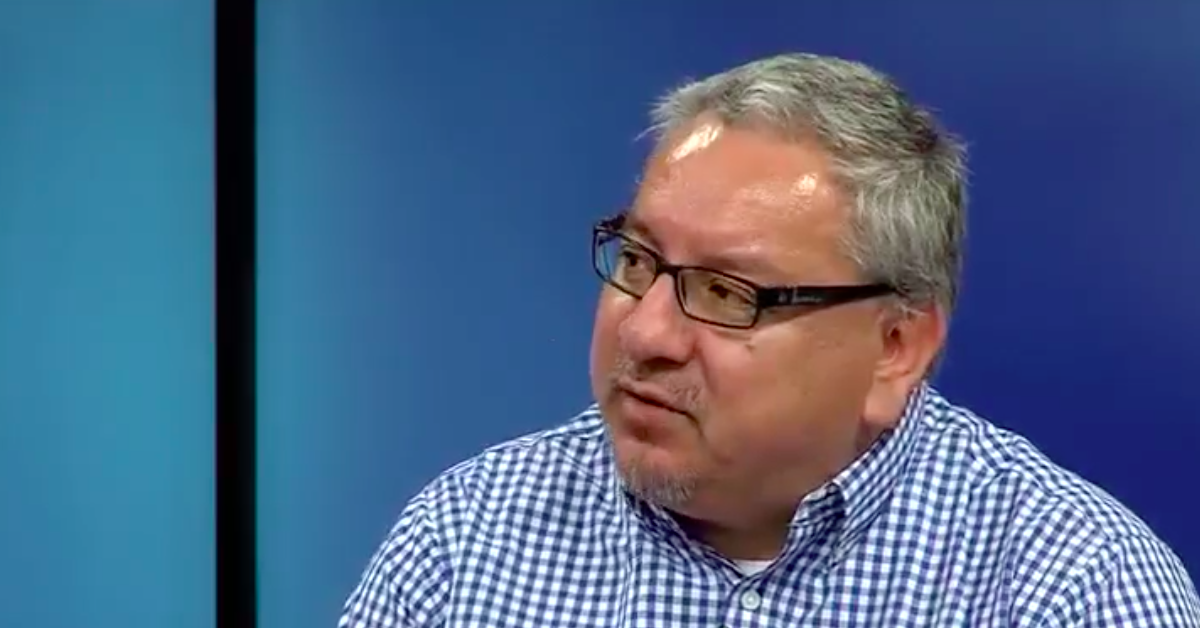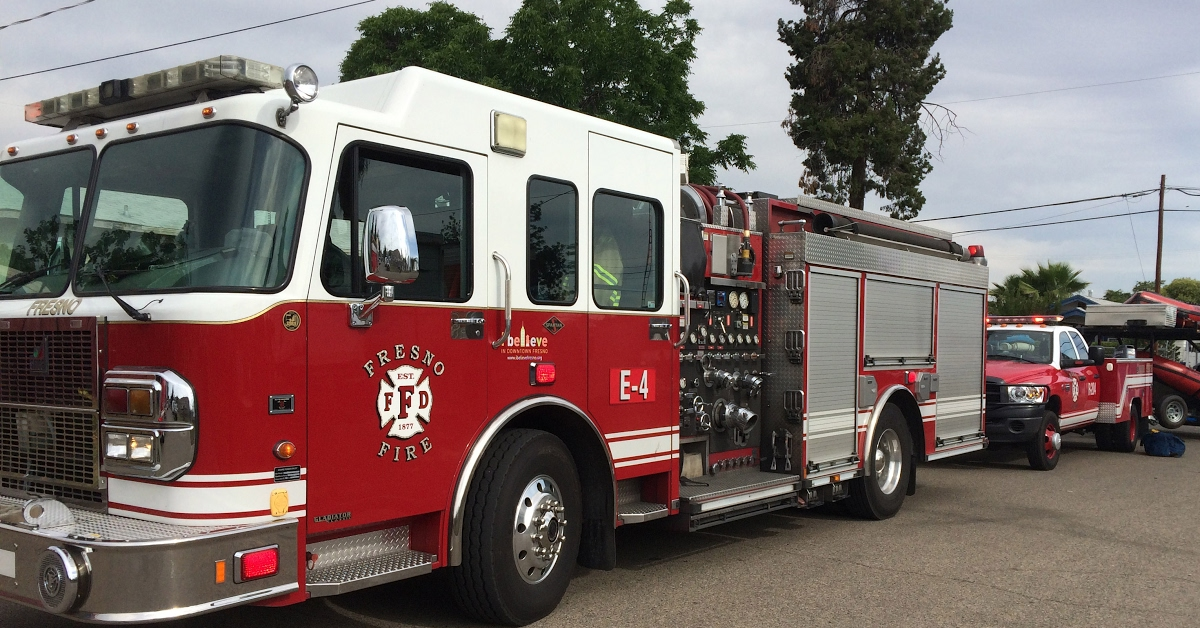Aviation Director Meikle met with me on Monday afternoon in his conference room at Airports headquarters near the Fresno-Yosemite Airport concourse. He is a generous man, and I thank him for his time.
My basic point to Meikle went like this: Kevin, I’ve seen you speak plenty of times to the council. You’re always precise, always prepared. Precision and preparation appeared to be missing from Airports’ presentation on Thursday. What happened?
Meikle gave me a two-part answer, prefaced with the assurance that Airports leaders spent considerable time preparing a comprehensive game plan for the fee request.
“I met with all seven district offices – some council members, some chiefs of staff – the week before and had no indication that there was any issue at all,” Meikle said. “Perhaps I wasn’t asking the right questions.”
Meikle went on to say that Airports over the years “has had a pretty good track record with council. We prepare. We don’t put anything in front of them that we believe is contradictory to the will of council. But this one definitely caught me by surprise. Who knows what happened leading up to the actual meeting. I have no answer for that.”
Meikle concluded this part of his answer with the lament of every Monday morning quarterback: “We could have gone a lot of different directions on this.”
The second part of Meikle’s answer is where we return to my metaphor at the top of this story – burying the lede.
To read Meikle’s report to the council, to have sat in the Council Chamber and watch the hearing as it unfolded, to go to the City Clerk’s website and listen again to the hearing, all that is come away with one distinct impression – Airports threw argument after argument in favor of the $3 fee against the council’s wall and hoped something would stick.
I don’t know if the council was truly outraged by the fee or simply confused as to why Airports really needed it. If it’s the latter, then some folks in the Brand Administration didn’t do their jobs.
Meikle on Tuesday gave me the lede, the central point, the simple and focused strategy behind the $3 fee.
“We need to look at the ground transportation structure at our airport holistically,” Meikle said. “Meaning, this airport has never charged hotel shuttles, taxis, limousine services and, of course, now TNCs – a for-profit operator – to do business at the airport. Never have. The significance of being able to capture revenue streams from all of the for-profit operators at, not just our airport but all airports, the significance of that is you don’t want to have other stakeholders subsidizing groups that are not paying.”
Meikle said the travelers who pay $8 a day for long-term parking, the airlines that pay landing fees, they and many other stakeholders pay their fair share to keep the airport running smoothly.
“They’re all subsidizing the wear and tear, and the use of, this airport by TNCs,” Meikle said. “So, we really need to put a ground transportation program in place that captures the revenue streams that’s fair, reasonable and justified…. Is it fair to target only the TNCs and not, say, the hotel shuttles? It probably is not fair. We’re eventually going to get there in regards to the smaller players. But I thought, ‘Let’s get this one out of the way first because we already have agreements in place with Uber and Lyft at the airport. It just has no fee.’ So, last Thursday’s item was to establish a fee. I still would have had to come back to the council later with the individual Uber and Lyft agreements to say, ‘Hey, pay in accordance to the master fee schedule because right now (the agreement) says no fee.’ It’s kind of a two-step process. Of course, we’ve put all that on hold right now.”
Meikle was ready to make his point.
“This,” he said, “is really the big picture: We look out five and 10 years. And I can tell you in a 10-year window we are going to need a major capital project. Probably $100-plus-million. It’s going to be more parking, gates, ramp space (and so on). So, when we put our budgets together for every single year, we have a budget that says, ‘We have revenue we think we’re going to get that’s going to address our annual operating costs; it’s going to address our annual capital needs year in and year out – just to keep the facilities up and running; and the third piece is we’re going to have a major capital project in year eight from now that we have to save money for.
“Because if we don’t save money for it, then our debt gets too high. The bond gets too high. You have to buy down that debt to the point where the debt service on the bond is reasonable and the debt-service ratios and the whole bit. They’re all tied together. So, if we’re unable to capture all the revenue streams in a reasonable and justified way, now, moving forward, that’s going to impact what we can do in the future. And the airport is a huge win for the community and the region.”
I listened to that and thought of the Recharge Fresno town hall meetings in the weeks before the council approved big increases in water rates. Fresnans from all backgrounds bemoaned the failure of city officials long ago to tackle the tough job of protecting our aquifer. Twenty-first century Fresnans are stuck fixing 20th century mistakes. (Actually, some Fresnans cursed the memory of those long-ago officials.)
Meikle said he would have removed the proposed fee from the council agenda had he known trouble was brewing. But, he added, the past is long gone. He’s looking ahead.
“I want to minimize the impact to the public when they use our facilities,” Meikle said. “I don’t want to have the director, whoever it may be, standing in front of council eight years from now, saying, ‘Here’s our financial plan to do this big project. And, as part of the plan, the parking rate needs to change from eight bucks to 12 bucks a day, or 10 bucks a day.’ I don’t want that to have been said when we could have done so much more along the way to save the money.”








